Mr. Pham Quoc Phong (Panan village, Song Vang commune) checks raw materials for processing rose tea products. Photo: HO QUAN
More than 10 years ago, Mr. Pham Quoc Phong (Panan village, Song Vang commune) pioneered in reclaiming wasteland and brought back the ancient Hue rose variety for experimental planting. Surprisingly, this variety of plant is suitable for the climate and soil here; the rose has its own fragrance and flavor, suitable for making tea.
Mr. Phong said that his family currently grows 0.5 hectares of roses. He harvests the buds twice a day, in the early morning and late afternoon - when the flowers are freshest and most nutritious. The buds are dried directly in the sun or dried in a dryer if it rains.
“I have successfully produced two product lines: rose tea and rose tea combined with tea vine. Both products are well received by the market thanks to their attractive flavors and clean, safe ingredients,” Mr. Phong shared.
In 2024, Mr. Phong's Panan rose tea product was re-evaluated by the People's Committee of Quang Nam province (old) to meet 3-star OCOP standards. Regarding finished roses, Mr. Phong said that he sells about 300 kg each year, and at times supply cannot meet demand.
Mr. Pham Quoc Phong's Panan rose tea product meets 3-star OCOP standards. Photo: HO QUAN
Another person who has succeeded with the ancient Hue rose tree in the Golden River area is Mrs. Phan Thi Thanh My (Cam Le ward).
In 2021, Ms. My invested in a farm in Tong Coi village (Song Vang commune) with the main crop being Hue old roses. According to Ms. My, most of the farm area was previously vacant land planted with acacia trees, which had been fallow for many years. However, thanks to proper renovation techniques, the land became fertile, helping the rose garden to grow rapidly. To date, the rose area has expanded to 1 hectare.
After harvesting, rose buds are freeze-dried to preserve them for a long time and keep the active ingredients inside. Then, the product is packaged and delivered to consumers.
“The processing is not complicated, but what makes each cup of tea attractive is the charming aroma of roses. Many customers told me that the same type of flower but rose tea from Song Vang land can be recognized immediately when drinking,” Ms. My shared.
Roses grown on the soil of Song Vang create a unique flavor for cups of tea. Photo: HO QUAN
Currently, Ms. My has 2 products that have achieved 3-star OCOP including: rose tea brand Suoi May - Rose Farm (2023) and eco -tourism product Suoi May - Rose Farm (2024).
Ms. My said that tea culture and tourists' interest in checking in rose gardens are the foundation for her to successfully build OCOP products. Thanks to tourism, rose tea products are known to many domestic and foreign tourists, gradually positioning the brand.
Mr. Le Van Tu, Chairman of Song Vang Commune People's Committee, assessed that the construction of raw material areas and deep processing of roses not only brings economic efficiency, but also creates typical local products.
In particular, this type of flower helps diversify crops, replace ineffective growing areas and is suitable for the development orientation of garden economy, medicinal herbs associated with ecotourism and local experiences.
Source: https://baodanang.vn/huong-vi-tra-hoa-hong-tren-dat-song-vang-3300516.html



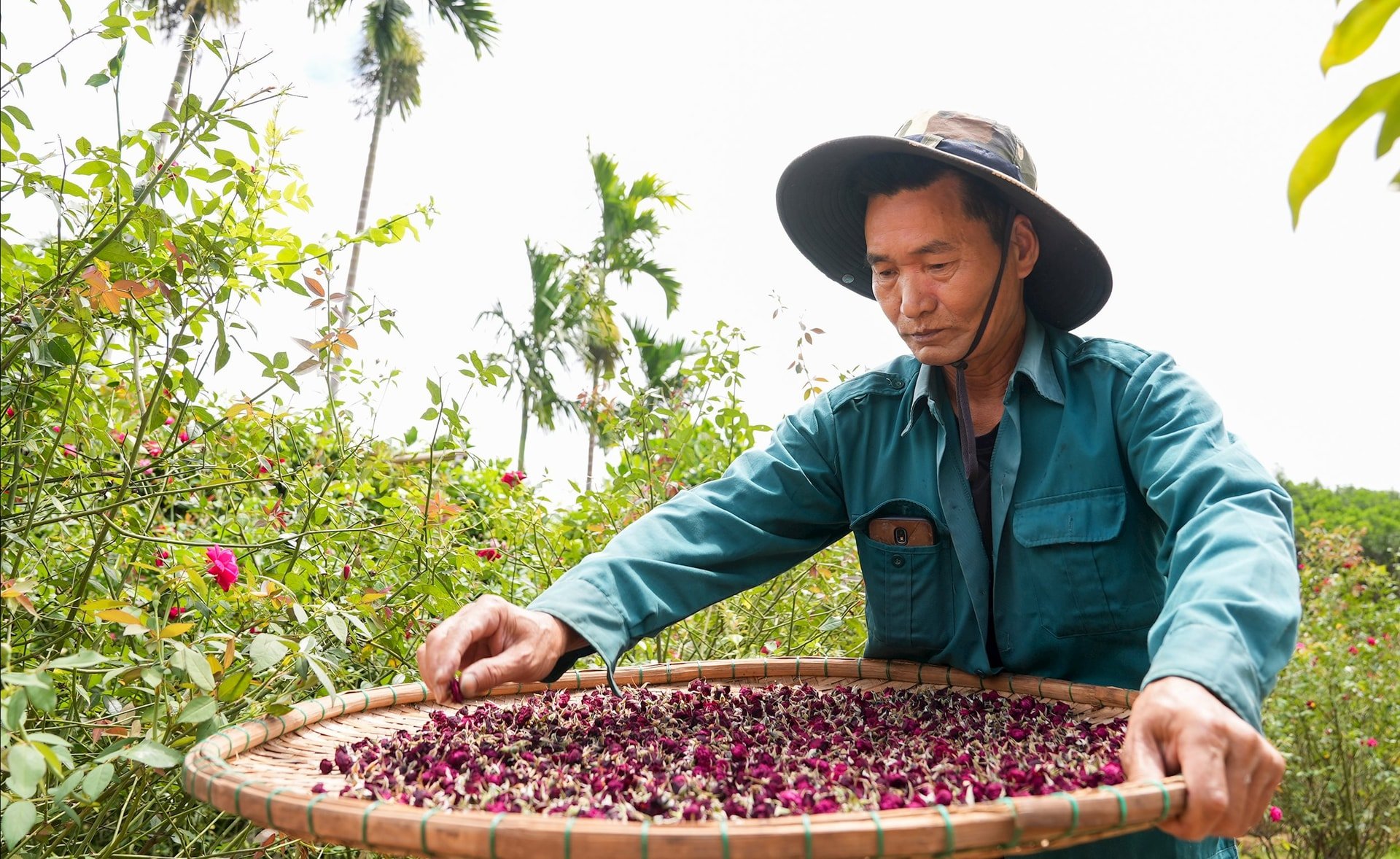
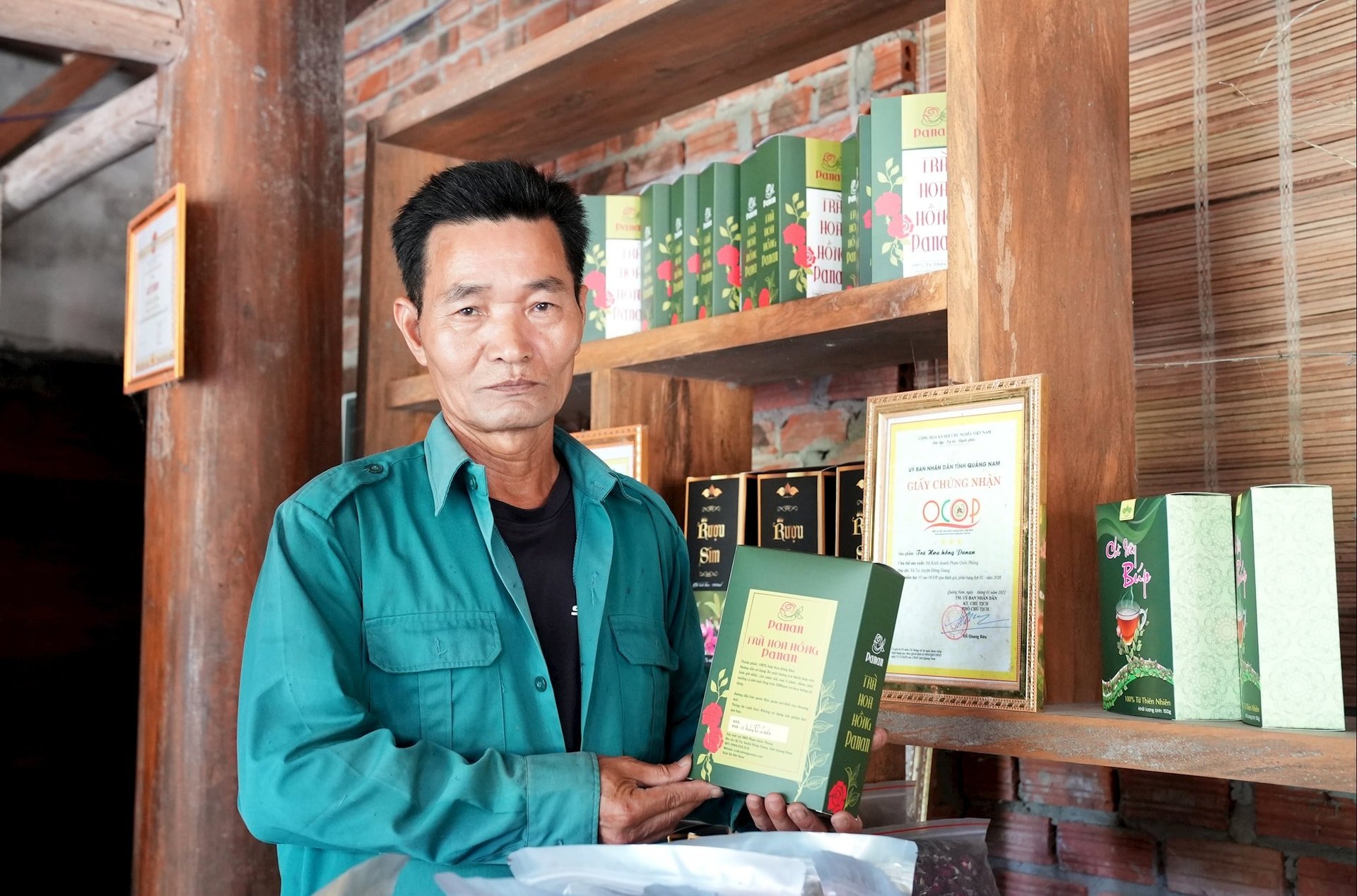
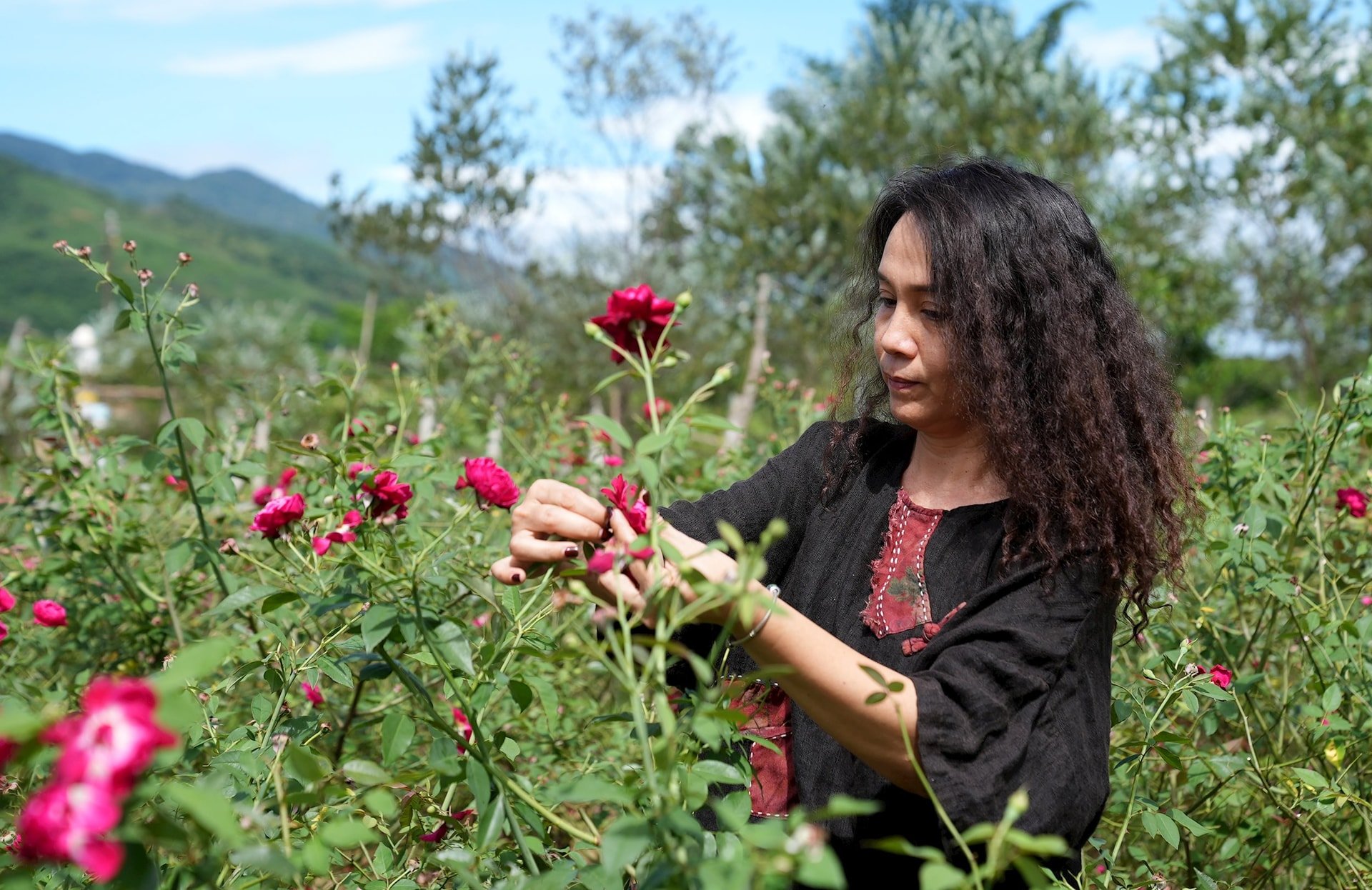
![[Photo] Hanoi is ready to serve the occasion of the 80th National Day Celebration on September 2nd](https://vphoto.vietnam.vn/thumb/1200x675/vietnam/resource/IMAGE/2025/8/29/c838ac82931a4ab9ba58119b5e2c5ffe)





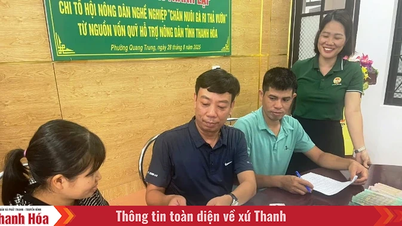

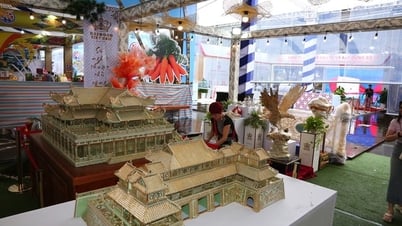



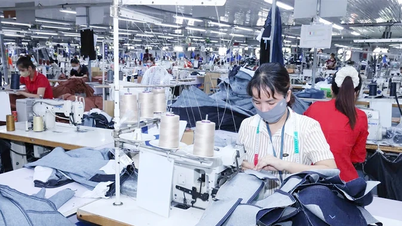

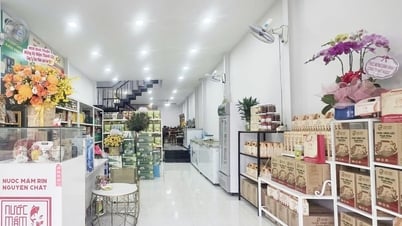

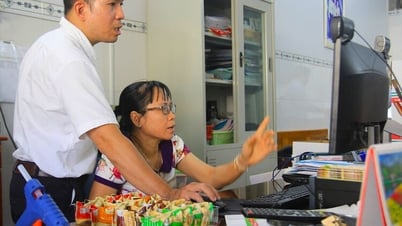





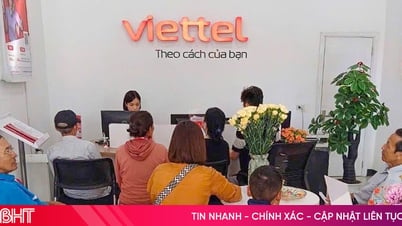

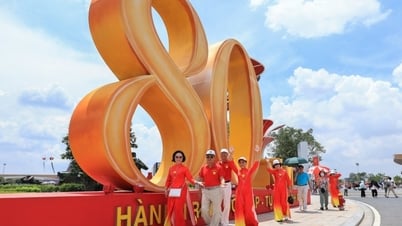
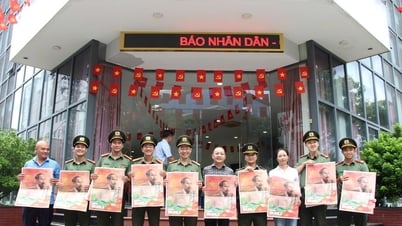







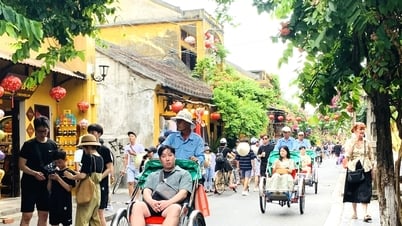
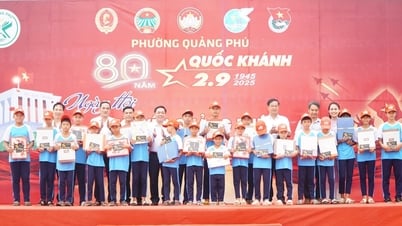










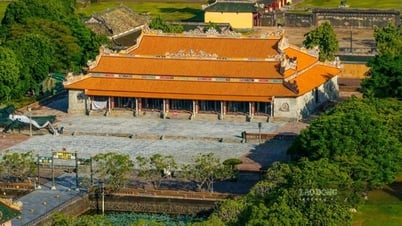


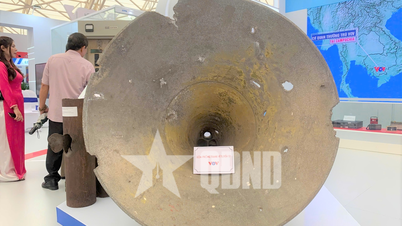



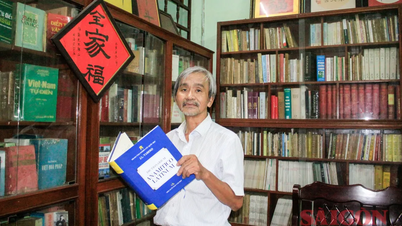


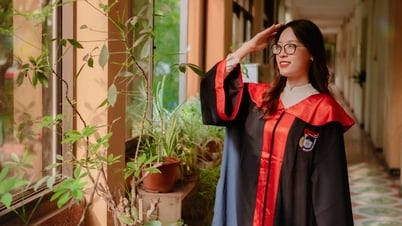







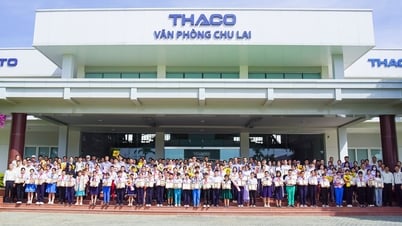


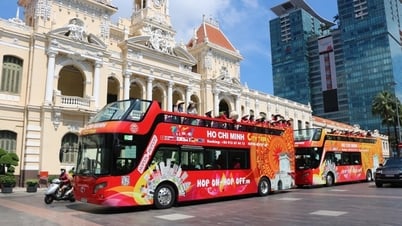


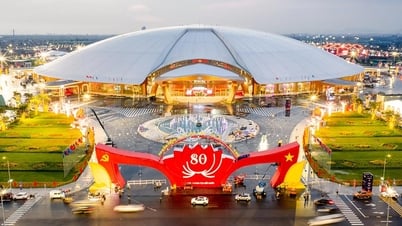


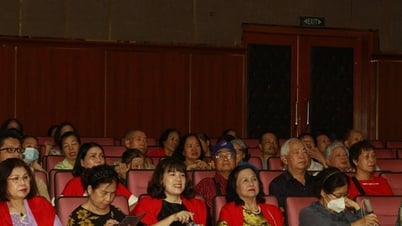

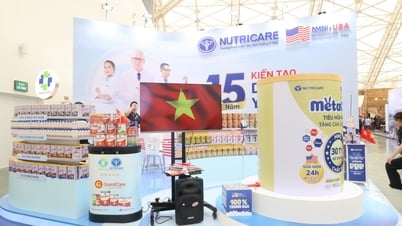

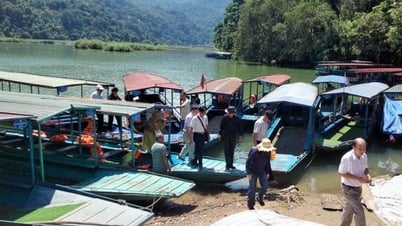



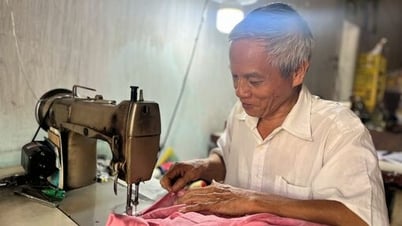

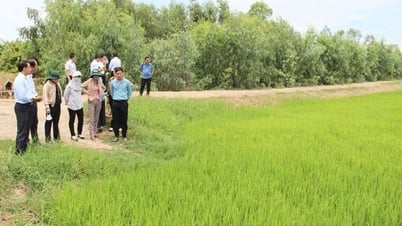
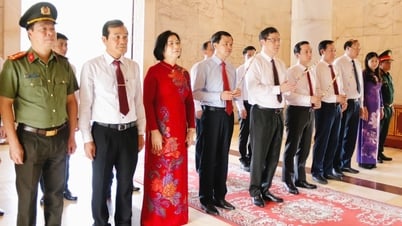
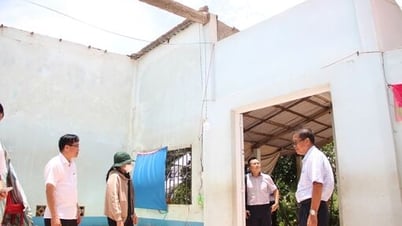




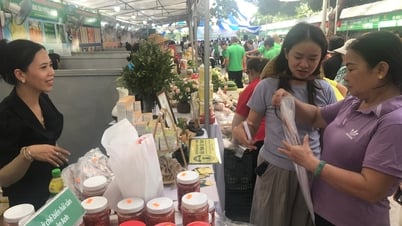




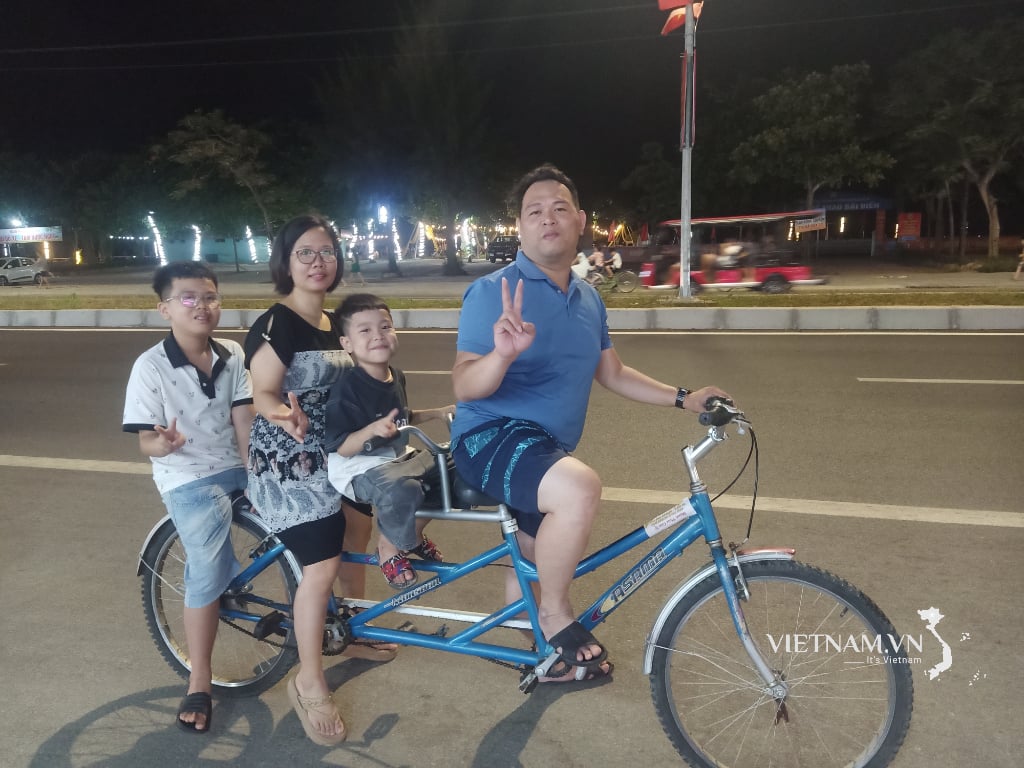
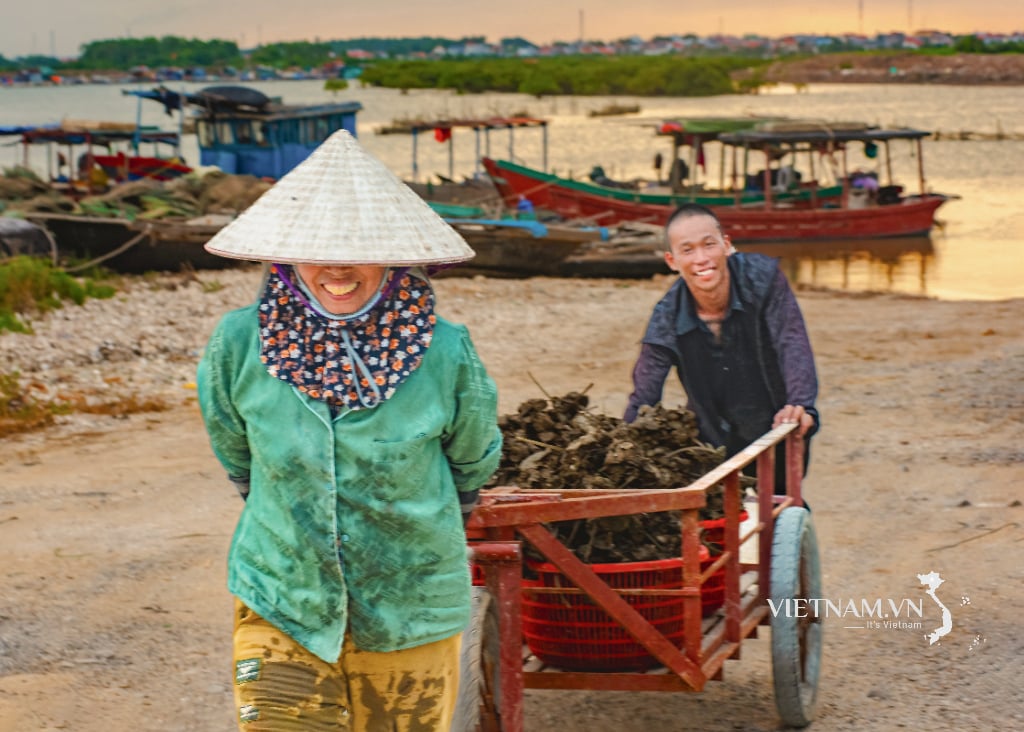

Comment (0)